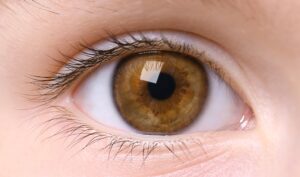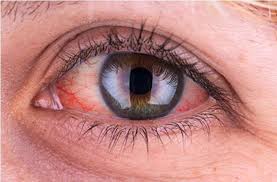Vision vs Medical Exams
What is Vision insurance, and how is it different from Medical insurance?
A Vision insurance policy is different from your health insurance policy. Regular medical health insurance protects you from unexpected costs for eye injury or disease.
In contrast, vision insurance provides an added wellness benefit for healthy eye exams, which includes routine eye care, prescription eyewear and contact lenses, and other vision services at a reduced cost.
What does Vision insurance cover?

Most vision insurance plans include the following benefits:
- Annual Vision exams
- Eyeglass frames
- Eyeglass lenses
- Contact lenses
What does my Vision insurance NOT cover?

Vision plans do not cover any part of an eye exam considered “medical”. For example, vision insurance will not cover vision loss, floaters, dry eyes, allergies, infections, eye disease, or eye exams for complication from diabetes. If you need medication the doctor will not be able to give you a prescription if you are using a vision insurance.
Additionally, some vision insurance plans do not cover contact lens fittings (for first time wearers or established wearers that need to switch to a new brand) or yearly contact lens evaluations.
Your medical insurance is usually used if you have an eye problem or eye disease or if any medical condition is present that causes eye problems. Some common conditions for which we can bill your medical insurance include:
- Patients with vision loss, floaters, dry eyes, allergies, infections, etc.
- Monitoring cataract development, examination of patients diagnosed with diabetes.
- Examination of patients using medications with potential eye side effects, such as steroid medications, arthritis medications, etc.
- Patients that are at high risk for glaucoma development, patients with macular degeneration.
When you call our office to make your next appointment with the eye doctor, make sure to explain the purpose of your visit so that we bill the appropriate insurance. Additionally, please always bring your insurance card(s) with you to every appointment.
